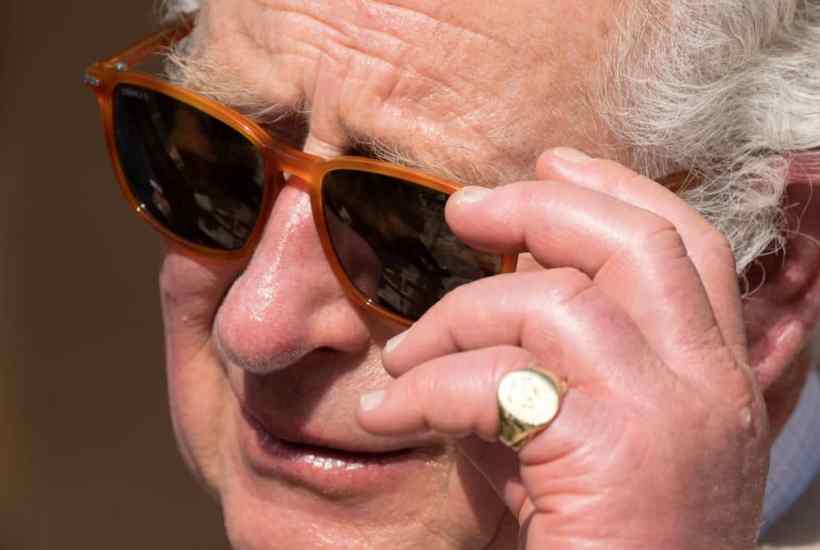We are told that the Prince of Wales had no idea at the time that his underlings were offering to sell honours to random zillionaires. That’s lucky. Instead of being tarred by the sticky brush of corruption, then, he emerges from this minor scandal as a benign old nitwit, shovelled from one place to another by his suited aides, shaking hands and offering tea to this Russian biznizman, that Chinese philanthropist, that Saudi moneybags (‘Mahfouz bin Mahfouz, Sir.
Already a subscriber? Log in
Subscribe for just $2 a week
Try a month of The Spectator Australia absolutely free and without commitment. Not only that but – if you choose to continue – you’ll pay just $2 a week for your first year.
- Unlimited access to spectator.com.au and app
- The weekly edition on the Spectator Australia app
- Spectator podcasts and newsletters
- Full access to spectator.co.uk
Or





















Comments
Don't miss out
Join the conversation with other Spectator Australia readers. Subscribe to leave a comment.
SUBSCRIBEAlready a subscriber? Log in